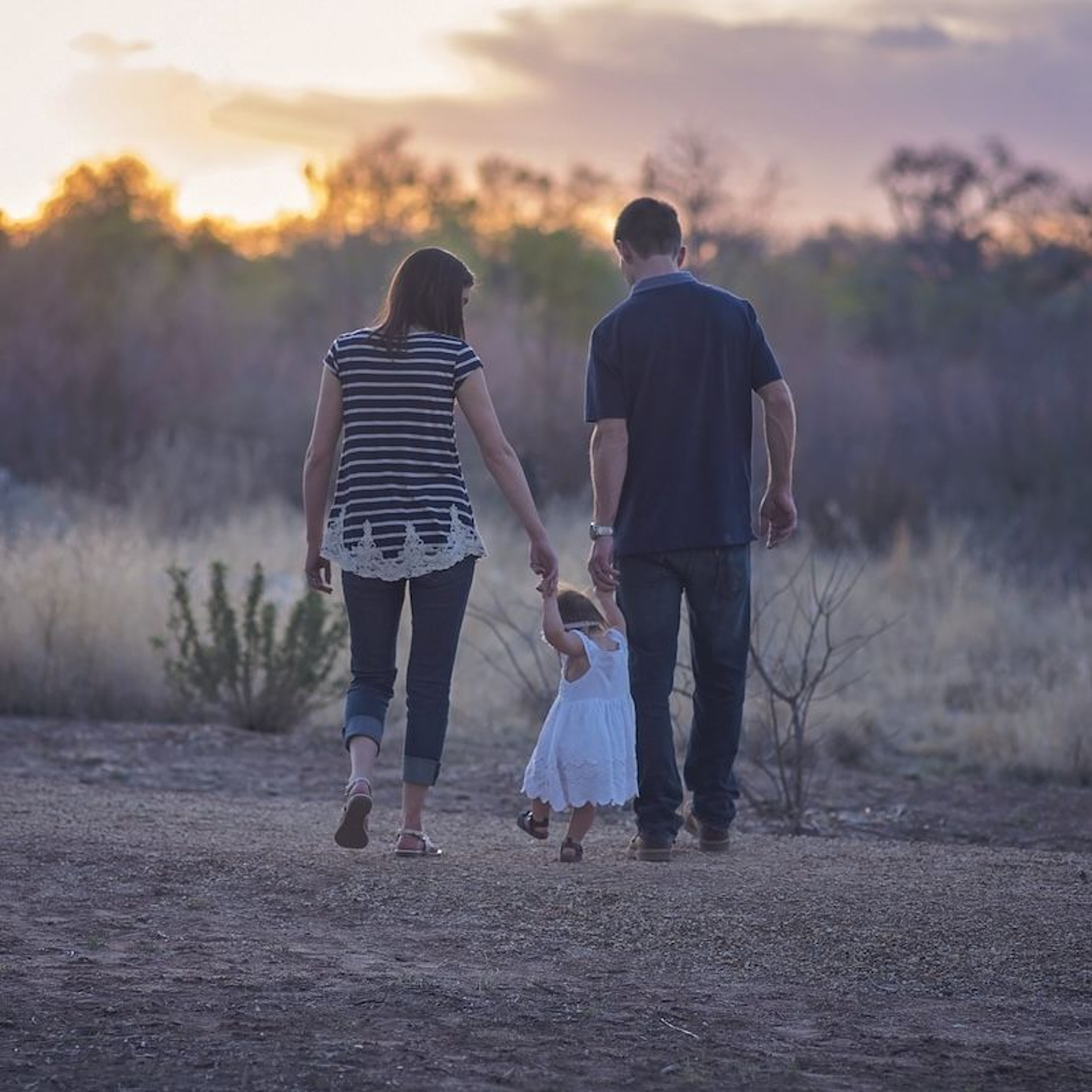Our Fair Shair: Climate Crisis Workshop on Cortes Island
- Author
- roy.hales9.gmail.com
- Published
- Tue 08 Oct 2024
- Episode Link
- https://soundcloud.com/the-ecoreport/our-fair-shair-climate-crisis-workshop-on-cortes-island
Roy L Hales/Cortes Currents - “A ccording to NASA, if we look back 800,000 years, we can see that carbon dioxide concentration fluctuated between roughly 180 and 280 parts per million and just in the geological blink of an eye, we have sent that parts per million up to just about 400. So we're getting very close to a doubling of CO2 relative to where it has been for a long time.”
That quote was Max Thaysen, from FOCI’s Climate Action Committee, explaining one of the slides (top of page) shown at ‘Our Fair Share,’ an interactive online climate solutions workshop held in Mansons Hall on Thursday, October 3, 2024.
The event was hosted by the Climate Action Committee.
Max Thaysen introduced emissions targets and the concept of a fair share. Christine Leclerc, from Simon Fraser University’s Climate Research Lab, guided participants through the En-ROADS Climate Solutions Simulator, developed by MIT Sloan and Climate Interactive.
Max Thaysen: “The other thing I hope they got, especially from playing with the simulator, is we have options. We're not stuck. There's actually no good reason, other than the political will and the will of the public, that we can't do this. The simulator helps to show that.”
“All we have to do is the things that we already know we have to do. We don't even need magical technology in the future, which a lot of people's plans rely on. We just have to do it thoroughly and sufficiently. We have to actually do it and that's the hard part.”
“The overall goal of the workshop was to expose people to this simulator that helps people see the impact of different kinds of changes, different kinds of climate solutions. We're trying to increase some ambition and attention and energy on the issue of climate change, trying to help us all stop contributing to the pollution that changes the climate in increasingly extreme ways.”
“Half of the workshop was an information presentation with a bunch of slides, charts and graphs, letting people know here's what the admission levels are right now, what the impacts of that are now, and a little bit about what the impacts of increased warming are projected to be in the future.”
“The piece that I contributed was mainly helping people walk through the process that I went through, of understanding what it means to have a sufficient emissions reduction target?”
“When governments and individuals want to address the role that they play in climate change, they're thinking ‘how much emissions do I need? How much less pollution should I put up into the atmosphere?’ The only scientific way to figure that out is to determine how much pollution causes how much warming and decide how much warming you're willing to tolerate, live with, or survive. Then stay within that amount of pollution. That's called a carbon budget or pollution budget, if you want to put it more simply.”
“We looked at some different opinions about how to fairly share and this is where the title of the workshop comes in. Our fair share is about understanding if we have a global pollution budget, how do we translate that into how fast we need to reduce emissions and that translation requires fairness.”
“When we signed on to the Paris agreement, we agreed to limit warming to 1.5°C, or try for 1.5°C and definitely keep well below 2°C.”
“We also agreed to do that with a strong sense of fairness. In the Paris agreement, they call it common but differentiated responsibility and respective capabilities. That's referring to things like historical emissions. How much pollution have you contributed in the past? Well, that might have something to say about how much of the current pollution budget you should have access to. We can all understand that. If we're sharing a birthday cake and there's a couple pieces left, we might want to know how many pieces somebody has already eaten.”
